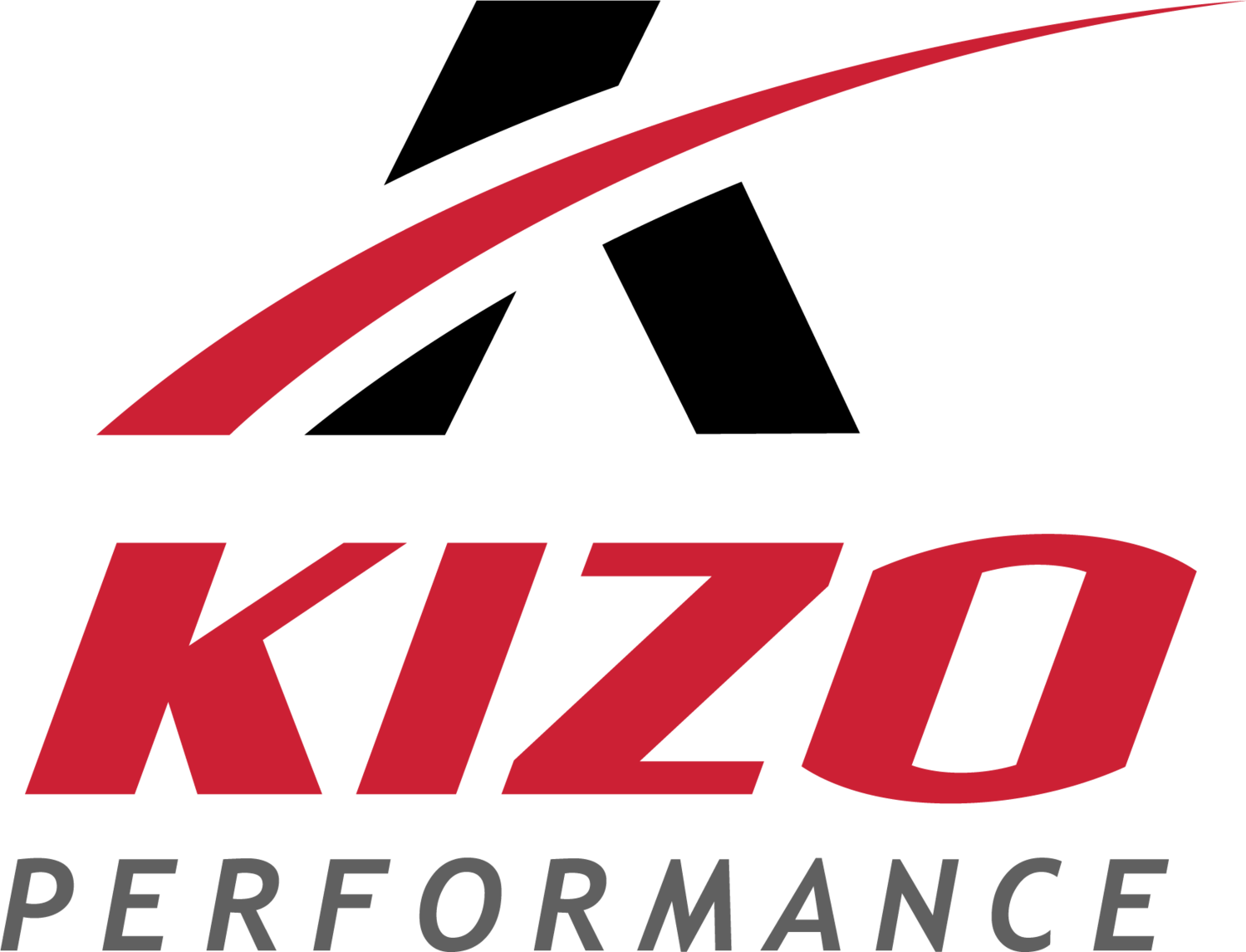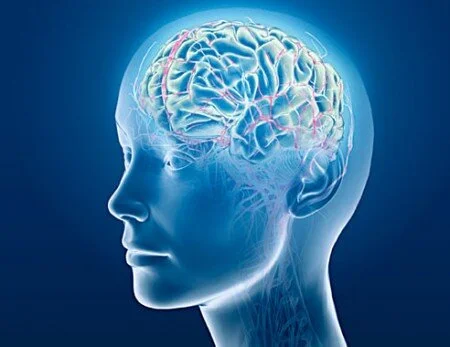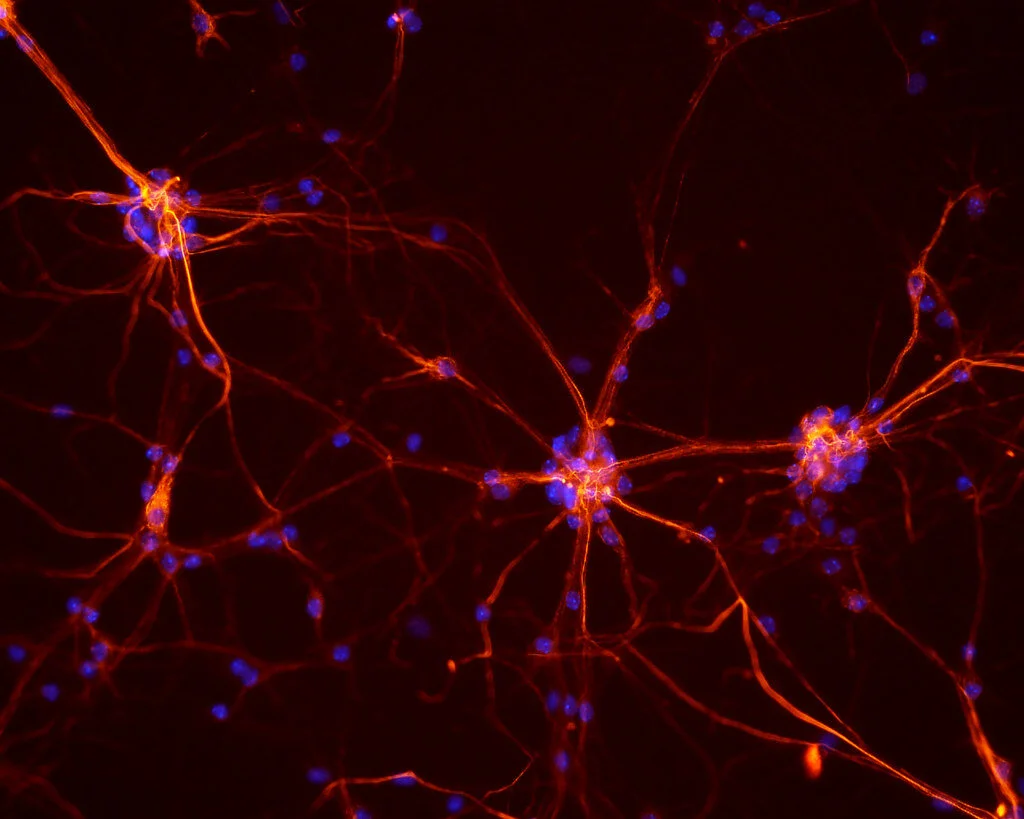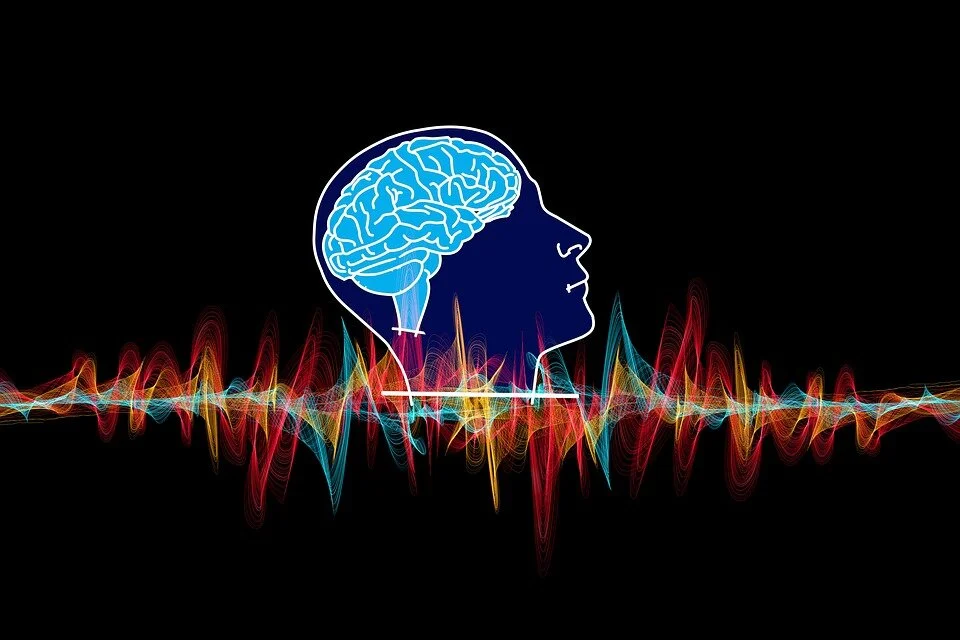How to Maximize Skill Learning
Reading time: 2 minutes
What you’ll learn
Simple brain science behind learning
What an “expert state” looks like
How to achieve an expert state when learning a new skill to learn faster
Learning new skills in sports can be daunting.
Whether you’re trying out a new sport entirely, or just can’t seem to master a technique that will improve your game, you may find the stress of failing over and over again is taking the fun out of it.
There may be a way to hack the process and get the most out of your practice time. Let’s look at the science behind skill learning.
Neurons Firing
When we learn a new skill, the neurons in our brains fire at random to try and understand the connections we’re trying to make. Over time, connections get clearer and less neurons fire; the more we practice, the more streamlined the execution in our brain becomes.
Brain Waves
We have four types of wave frequencies in the brain:
beta waves that show up when we’re highly engaged and on high alert
alpha waves that make our learning, memory, and concentration heightened
theta waves that are present when we’re daydreaming and at our most creative
delta waves, which we see when we’re fast asleep and dreaming.
Research conducted by the company Advanced Brain Monitoring in partnership with the Defense Advanced Research Projects Agency has discovered that expert marksmen had high levels of alpha and theta waves when shooting, while novices exhibit mostly beta waves.
Anxiety kills our performance
Advanced Brain Monitoring attempted to bring novice shooters up to expert levels by monitoring their neural activity. They found that the most anxious learners – those with significantly increased heart rates – had the most difficulty learning the new skill. They fitted the participants with devices that buzzed in tandem with their heart beats, which turned silent when the heart rates matched the levels of the expert state. By simply reducing their heart rates, the high anxious learners were able to achieve similar alpha wave levels to the experts and showed significant improvement in their marksmanship in a single day.
Over time, achieving the expert state of theta and alpha waves and a lowered heart rate became a positive reinforcement for participants, more so than even hitting the target.
Making it happen
If you’re getting frustrated while practicing your sport, whether it be dribbling, shooting, or scoring, you may want to step back and control your breathing. While it may be difficult to monitor our brain waves on our own, knowing that a slowed heart rate is the best state to be in when we are learning may be useful. When the adrenaline hits, you’ll want to be able to lower your heart rate to reach your expert state, so practicing in this state is your best bet to becoming an MVP.
Takeaways:
Through practice, our neurons create stronger pathways when we are learning a new skill
Expert marksmen exert a slower heart rate and have more alpha and theta waves present in their brains than beginners
Anxious learners take much longer to pick up on new skills
To achieve the expert state faster when learning, it is best to control our anxiety by slowing our heart rate and focusing on the outcome
About the Author
Willa Hladun believes that every individual has the tools within them to excel at their craft. She wants to help others achieve their potential through mental training and understanding that the mind can be your biggest obstacle when starting a new path or reaching new heights. She has a BA in Psychology from the University of Victoria.




